
Inequality in Chile has reached a 30-year high. But some people still manage to break through the class ceiling. How do they do it?
-33.441484489211, -70.636583264571
Backed by the Julius Baer Foundation, the innovative Latin American research centre COES is striving to shed light on what enables social mobility in Chile - especially among historically marginalised groups - despite soaring levels of inequality.
Based on in-depth interviews, the project is piecing together and analysing several hundred life stories of individuals who have climbed Chile's socioeconomic ladder, as well as undertaking and at-scale countrywide qualitative survey of social mobility.
These include women in high-ranking positions, upwardly mobile indigenous people, young professionals and entrepreneurs working in the creative and tech economies, and those in liberal professions who have advanced their careers and changed milieus. The goal is to identify the ingredients of these 'successful' trajectories - such as supportive institutions, social policies, family and professional networks as well as personal qualities - in order to foster social mobility more broadly.
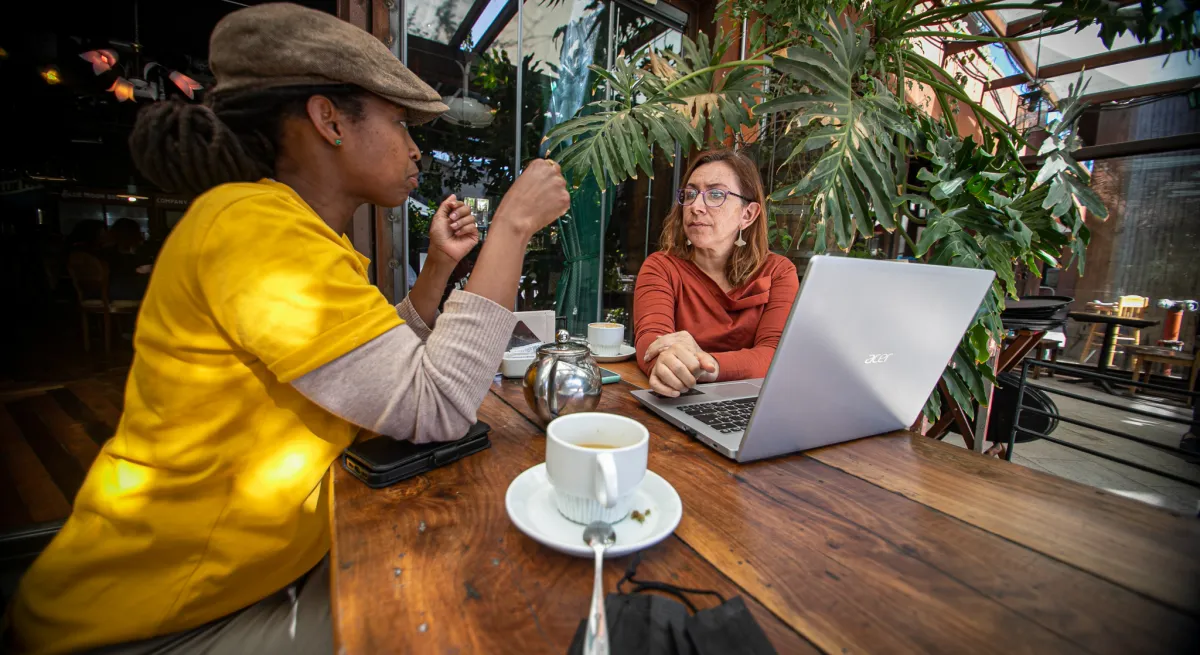
I envision our project to provide a mirroring that society can look at, reminding people: you have a role to play.
Pathways to more equality
After a period of modest gains for the middle class in the 1990s and early 2000s, inequality has risen again in Chile in recent decades.
The average income of the country's top 10% is currently 27 times higher than the poorest 10%.
Some families who previously achieved middle class status are now plagues by a 'fear of falling' back into the ranks of the working poor.
Collaboration between the Julius Baer Foundation and COES centres on identifying what has enabled certain individuals and families to rise, against the odds, in Chile's economy.
The hope is to find ways of replicating the keys to successful social mobility - in terms of institutions, support mechanisms and policies- identified in study participants' biographies.
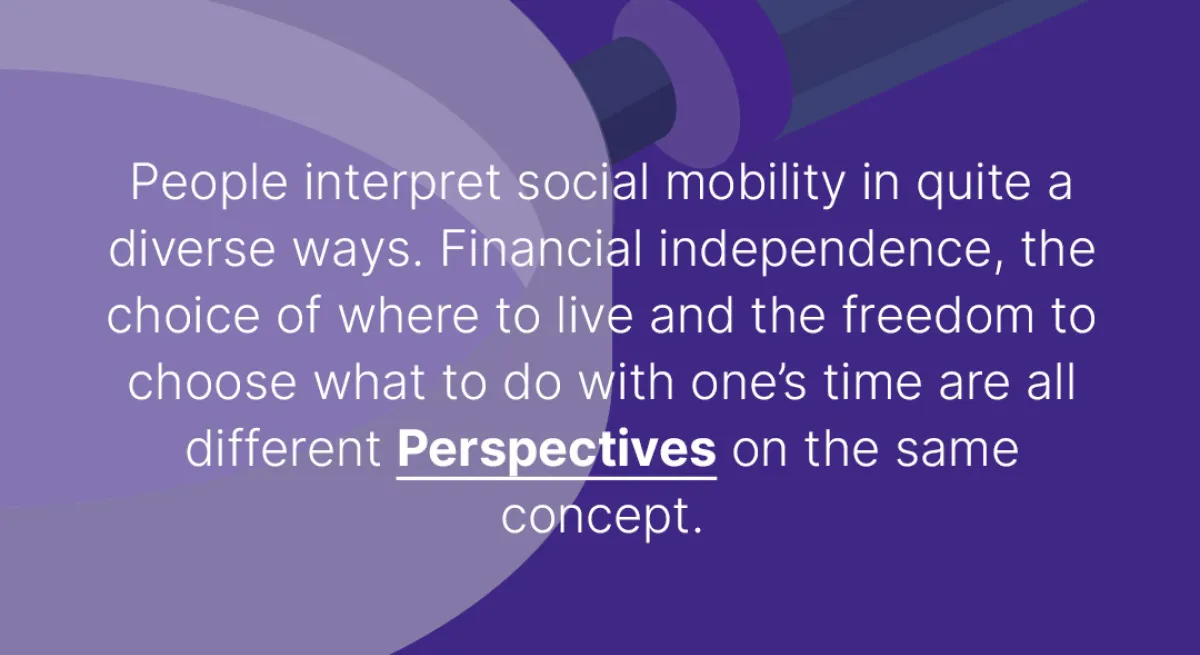
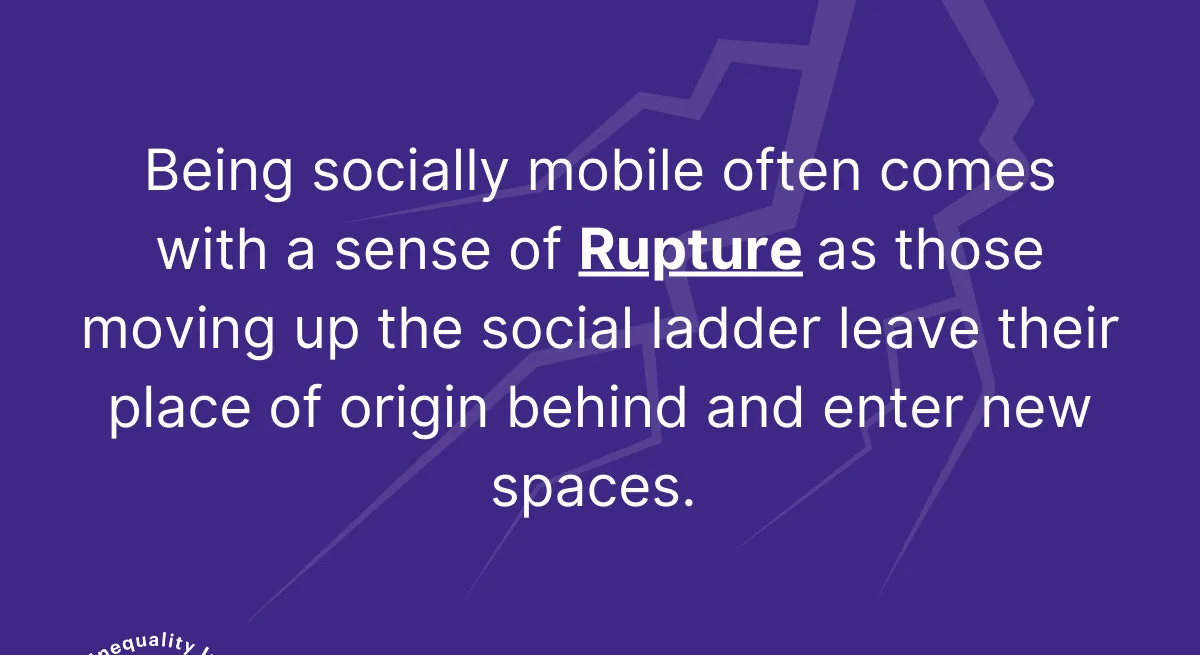

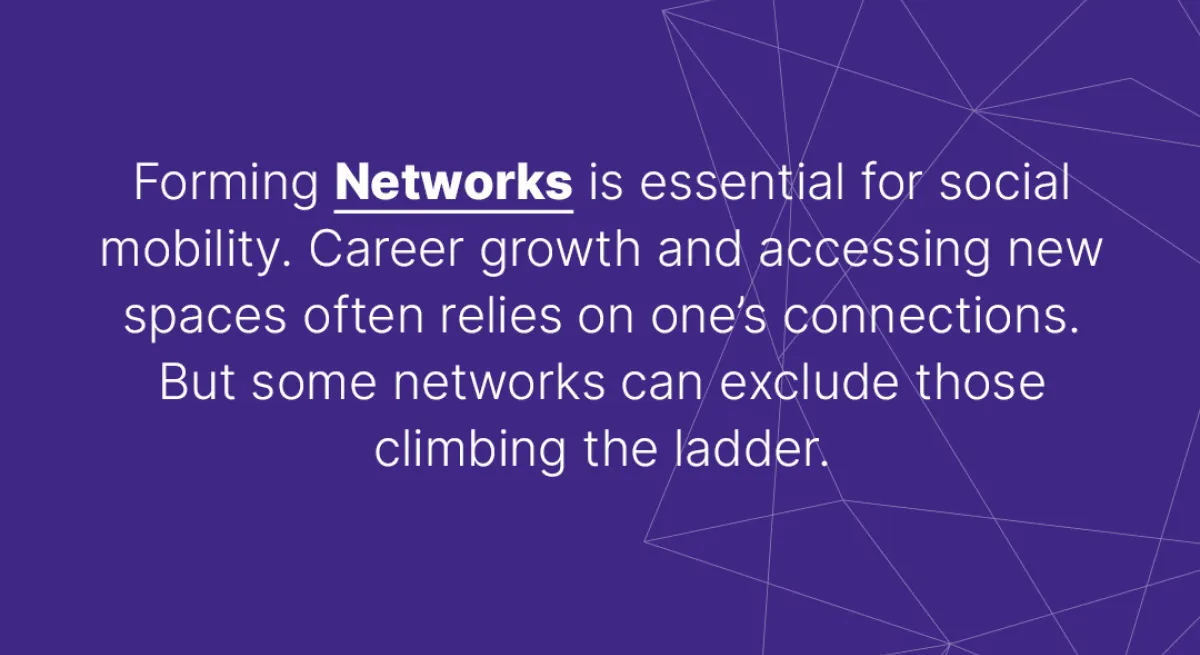
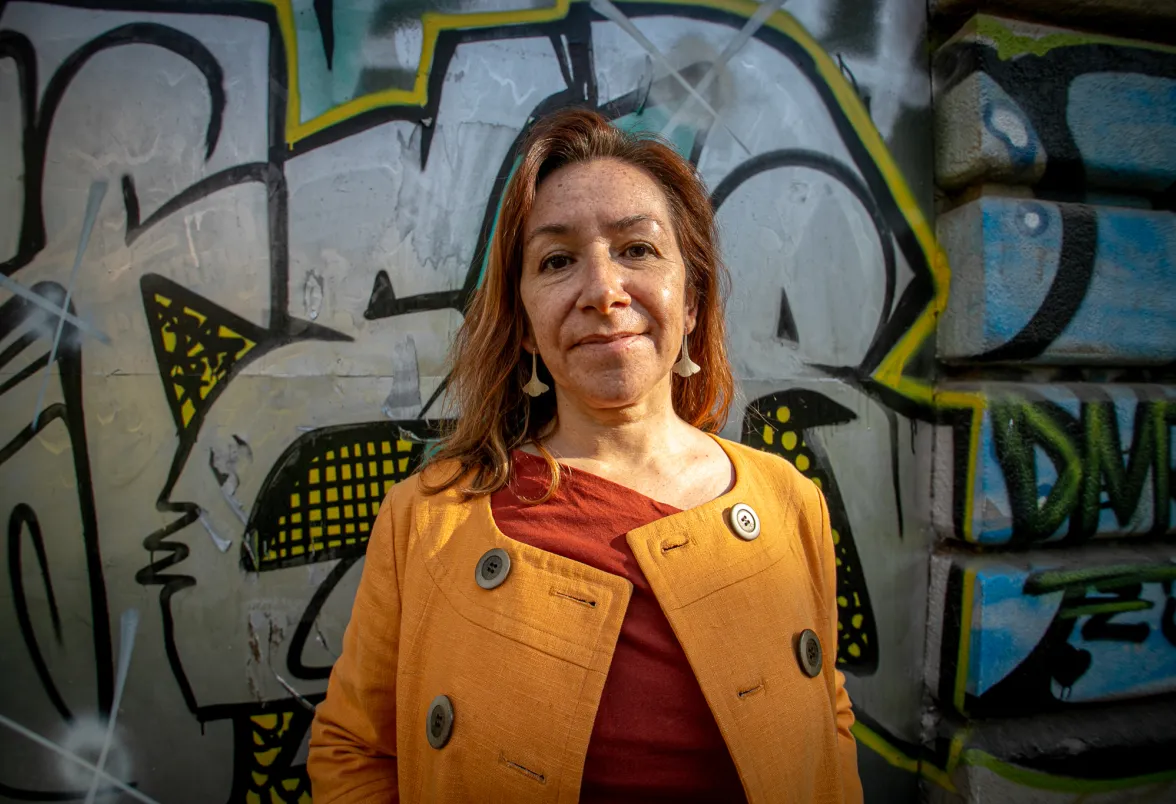
We do our best to select both the terms that are broadly applicable and the ones that are more specific, but still important. If you feel we are still missing an important term, please let us know! We are always happy to work further on our shared understanding.
